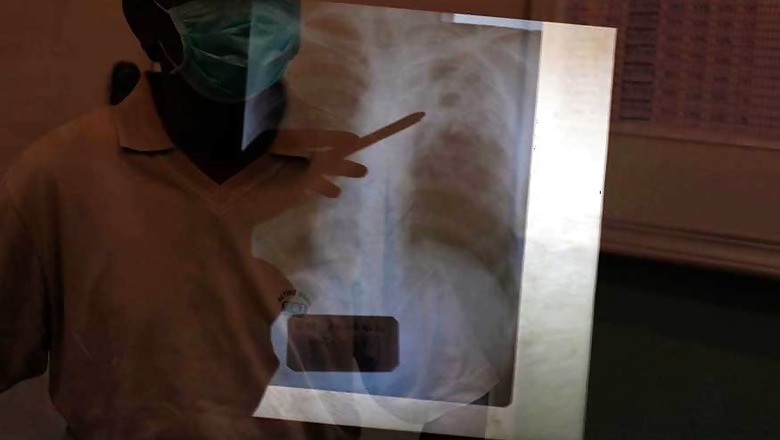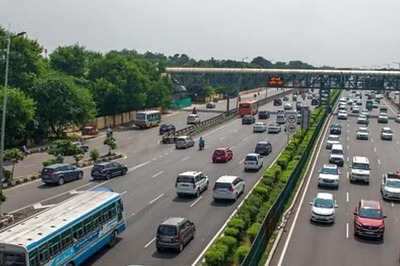
views
New Delhi: India will soon roll out a shorter treatment for patients with multi-drug resistant Tuberculosis (MDR-TB), most probably on March 24 — World TB Day.
In May 2016, the World Health Organisation (WHO) updated its guidelines to include a shorter treatment course for DR-TB patients, cutting the time from up to 27 months down to a maximum of 12 months.
Delhi’s state TB Officer, Dr Ashwini Khanna told News18 that India would be implementing the WHO’s treatment plan based on differing resistance found in patients and various drug combinations. According to WHO, patients with MDR and confirmed resistance to rifampicin, the first-line TB drug, qualify for the same.
The WHO 2016 guidelines came after the standardised shorter treatments had been implemented to great effort in some countries, namely, Bangladesh, Rwanda, Central African Republic, Côte d’Ivoire, DR Congo, and a few others.
However, patients with resistance to any of the drugs in the shorter MDR regimen — either quinolones, which have levofloxacin or injectables with kanamycin — would have to stick to the longer, conventional treatment, said Khanna. In cases of extreme resistance, the patients would be put on bedaquiline.
Currently, Delhi’s TB programme has over 431 patients on bedaquiline, while the number in India stands at about 1100.
Globally, there are 4.8 lakh MDR-TB cases, out of which, 1.3 lakh are in India. The country’s total TB cases are 28 lakh.
One of the biggest concerns for rising drug resistance in the country is people not finishing their treatments. Often, a long treatment course, large quantities of medicines, not enough doctors and lack of healthcare providers to keep track of patients has led to people falling off the wagon. Missing doses during TB treatment can often lead to the disease coming back in the form of a drug-resistant strain. A shorter treatment can help keep patients in the treatment programme until completion.
The government has also recently said, through a notification on Tuesday, that all patients notified to the government system will receive counselling in their homes, and support to adhere to the treatment course.



















Comments
0 comment